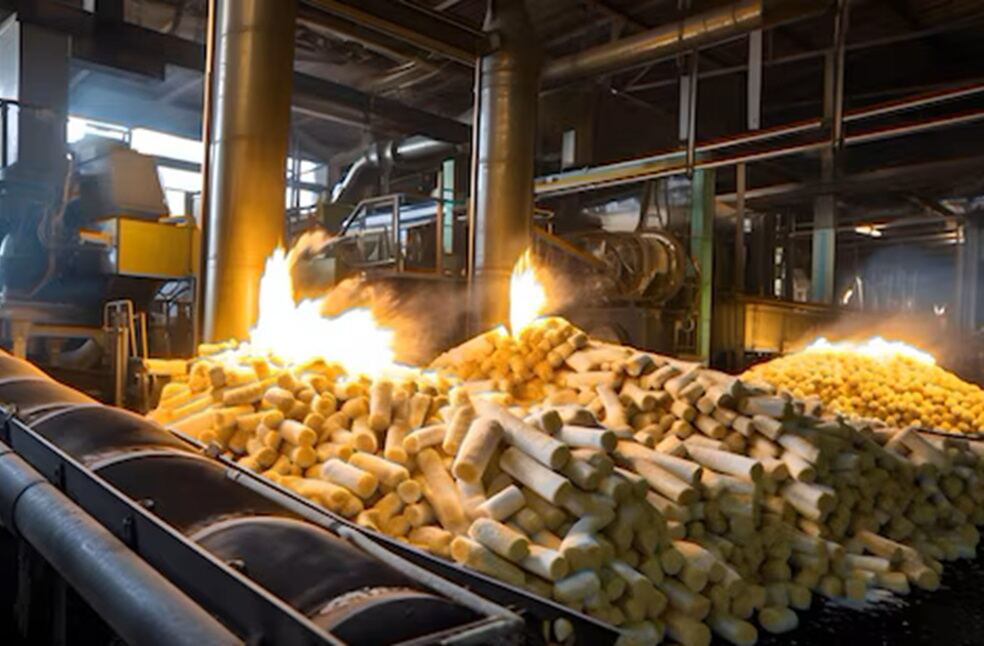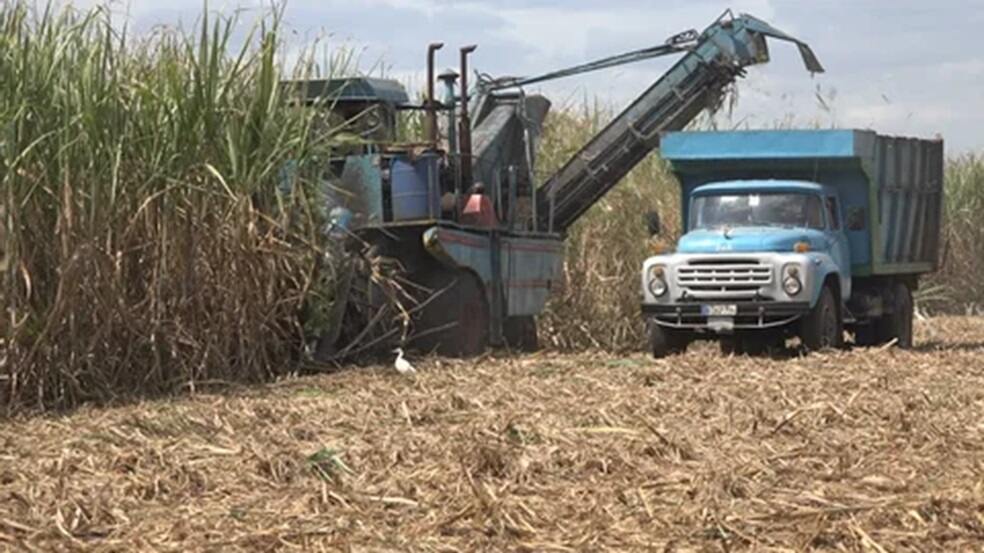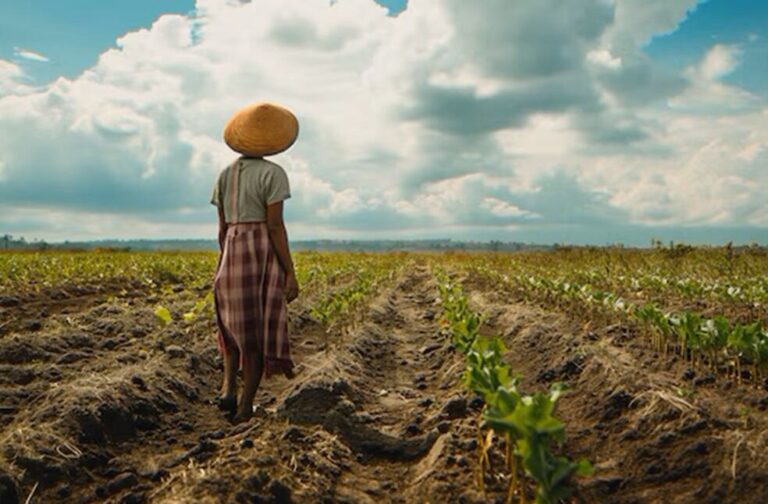Havana: Cuba, once a major global producer of sugar, is now struggling with a dramatic decline in output. In 2025, the island nation expects to produce only 300,000 metric tonnes of sugar, a stark contrast to the millions of tonnes it once harvested.
The sharp drop underscores the challenges Cuba faces in sustaining its agricultural sector, particularly the sugar industry, which has long been a symbol of the country’s economic and agricultural might.
For decades, ‘sugar’ was king in Cuba. The island’s sugar mills, numbering in the hundreds, supplied both domestic markets and global exports.
However, the ongoing struggles with severe shortages in fuel, fertiliser, machinery, and labour in the country have taken a heavy toll on the industry, leading to years of subpar production.

State-run mills, which dominate Cuba’s sugar production in its socialist economy, have particularly felt the effects of these challenges. This year, only 15 mills will remain operational, a significant drop from 24 in the previous year. This marks a record low for the island’s sugar production capacity, with the first mill reopening this week, signalling a grim future for an industry that was once the backbone of the Cuban economy.
Vice President Salvador Valdes acknowledged the crisis during a visit to central Camaguey province in late November, where the local sugar harvest has been drastically reduced to just 10,000 tonnes – a fraction of the 200,000 tonnes produced in previous years.
Valdes emphasised the importance of planting sugarcane to ensure a future harvest, though he lamented the decreasing availability of cane.

Despite the government’s efforts to revitalise the industry, the latest production figures remain bleak. Sources suggest that production may have reached an all-time low of just 300,000 metric tonnes of raw sugar – a figure that mirrors output from the late 1800s.
The decline is part of a broader trend across Cuba’s agricultural sector. A combination of tough US sanctions, the COVID-19 pandemic, and a severe economic crisis that began in 2020 has crippled food production.



